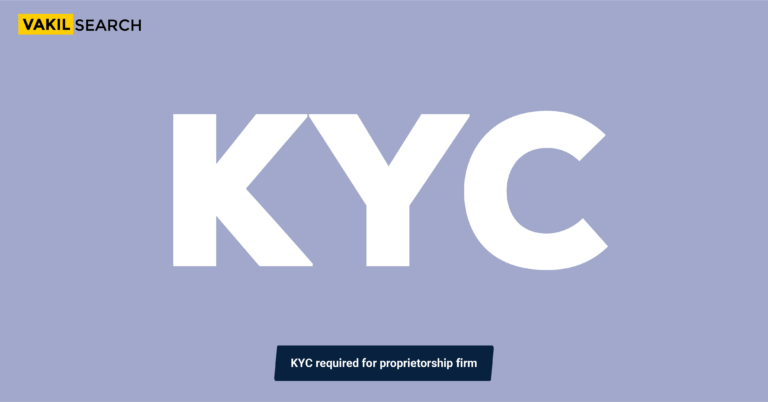In this article, we will understand what are the benefits of converting a proprietorship to a private limited company!
Converting a proprietorship to a private limited company is a popular route these days. The proprietorship is not just one of the most common forms of a business entity but is also the simplest form to start with. The scope and independence of a proprietorship make it easier for employees to adjust as compared to other business entities. It also helps employees to get more hands-on experience in managing affairs as there is lower control over financial aspects. But having said that, as the business grows, a sole proprietorship isn’t as beneficial as a private limited. With a growth perspective in mind, one would want to convert proprietorship to private limited company.
The Following Requirements Must Be Met in Order to Be Eligible:
- A takeover settlement or sale settlement desires to be entered into among the only owner and the company
- The Memorandum of Association (MOA) desires to hold the object of ‘The take over of a sole proprietorship‘
- All the belongings and liabilities of the only proprietorship have to be transferred to the company
- The owner’s shareholding ought to now no longer be much less than 50% of the balloting power, and the identical has to remain held for a length of five years
- The owner no longer obtains any extra blessings, both immediately or indirectly, besides the number of stocks held.
When a proprietorship firm is considering conversion to a company, it is essential to follow a legal procedure for the same.
When the below-mentioned requirements are met, the following steps are taken to convert a proprietorship to a corporation:
- Consider completing slump sale formalities. This needs to be done by the proprietor
- Must obtain the digital signature certificate (DSC) and director identification number (DIN) for all the directors
- The proprietor must apply for the availability of their name in form – 1
- Get the MOA and Articles of Association (AOA) of the company ready with the rules and objects involved
- Submit the application for the company’s incorporation to the Ministry of Corporate Affairs (MCA)
- Submission of all the relevant documents
- Get the certificate of incorporation
- Apply for a new PAN and TAN
- Based on the entity conversion, modify the bank details.
If you’ve decided to take the leap of faith and form a private limited company from your sole proprietorship, these are a few steps you have to go through:
- The process for forming a private limited company includes taking over the sole proprietorship through a Memorandum of Association (MoA) and transferring all benefits and liabilities to the new entity
- Your new private limited company needs at least two directors, one of which can be you, the owner of the sole proprietorship. The other director can be any relative or friend
- You must have an identification number to form a private limited company, so make sure this is taken care of before applying for incorporation
- You will also need at least two shareholders in the new company, and they can be the same as the directors. You, as the owner of the sole proprietorship, will need to be one of them
- Finally, your new private limited company will need a minimum authorised capital of ₹ 1 lakh.
Benefits of Converting a Proprietorship into Pvt Ltd Company
Private Limited Companies are the most popular form of business organisation in India. The main advantages of a private limited company are as follows:
Capital Expansion:
A private company has the advantage of raising funds for higher capital expansions, whereas a proprietorship is limited to the owner’s capital.
Limited Liability:
A sole proprietor is wholly responsible for all losses and also has their personal assets attached. Nevertheless, shares or warranties restrict the liabilities in a private limited company.
Continuity:
A sole proprietorship is bound by the need of a single person, while a private limited company can exist without the existence of an owner.
Also, Read:










